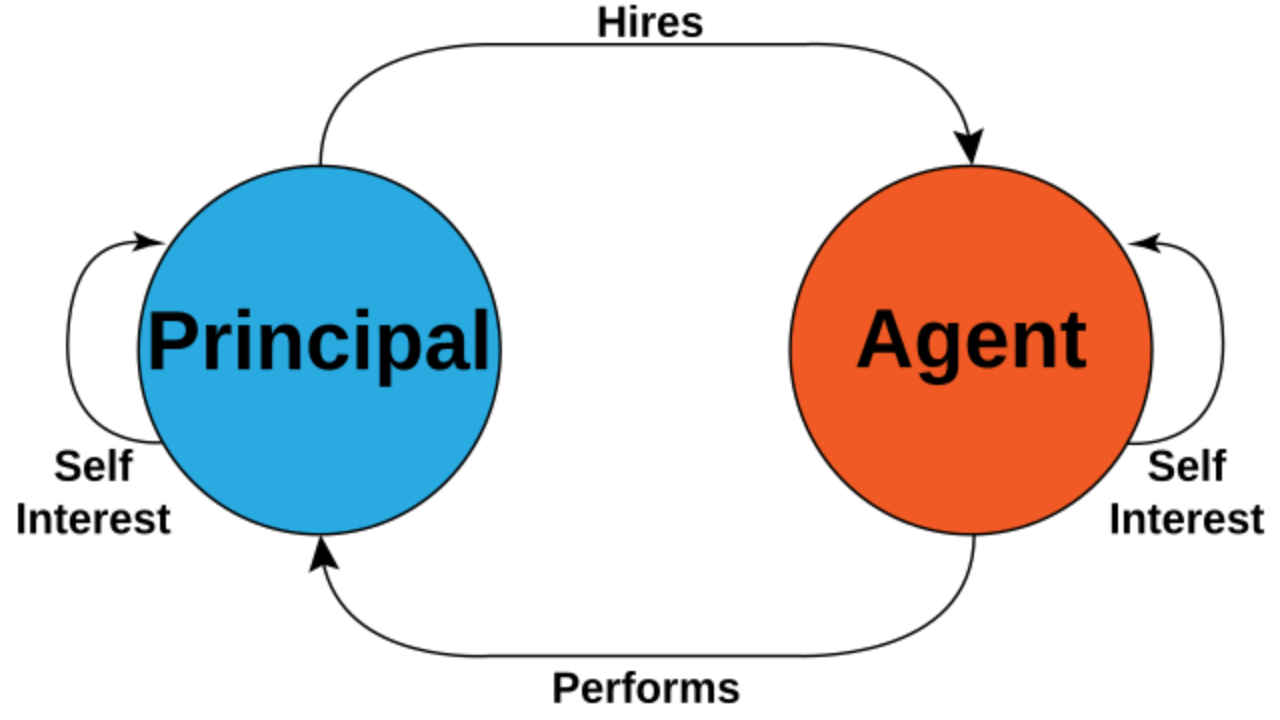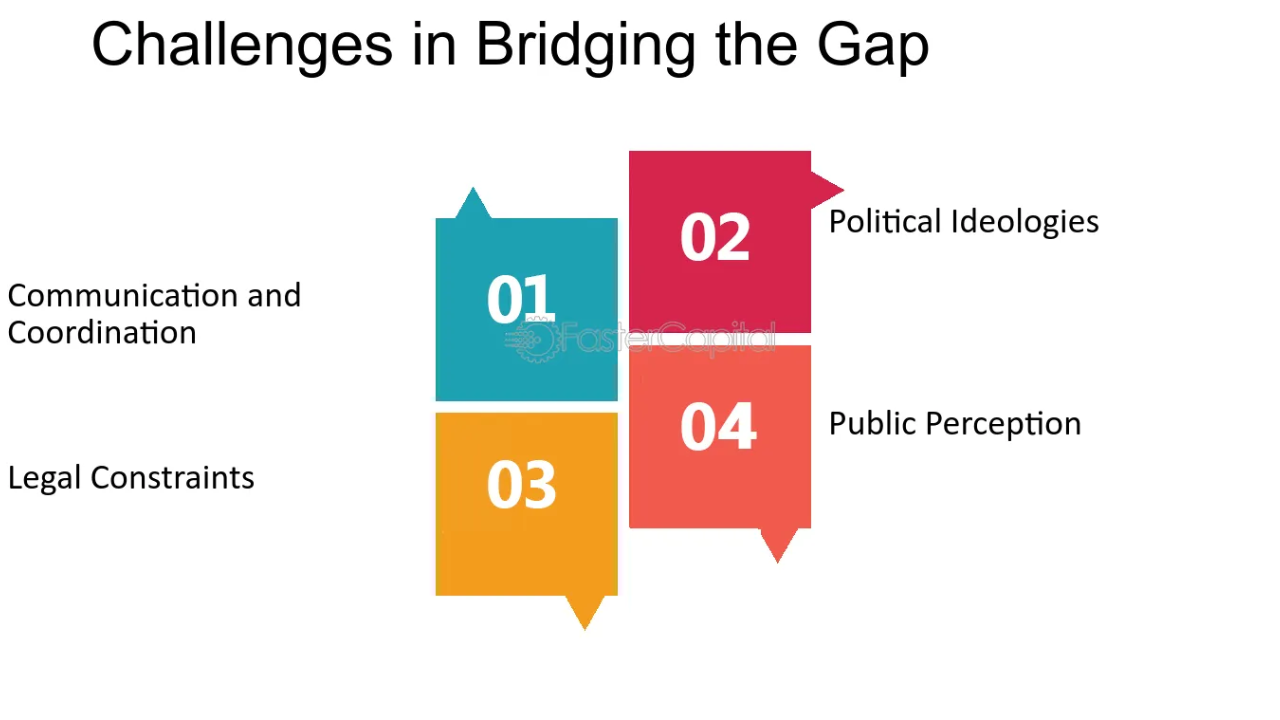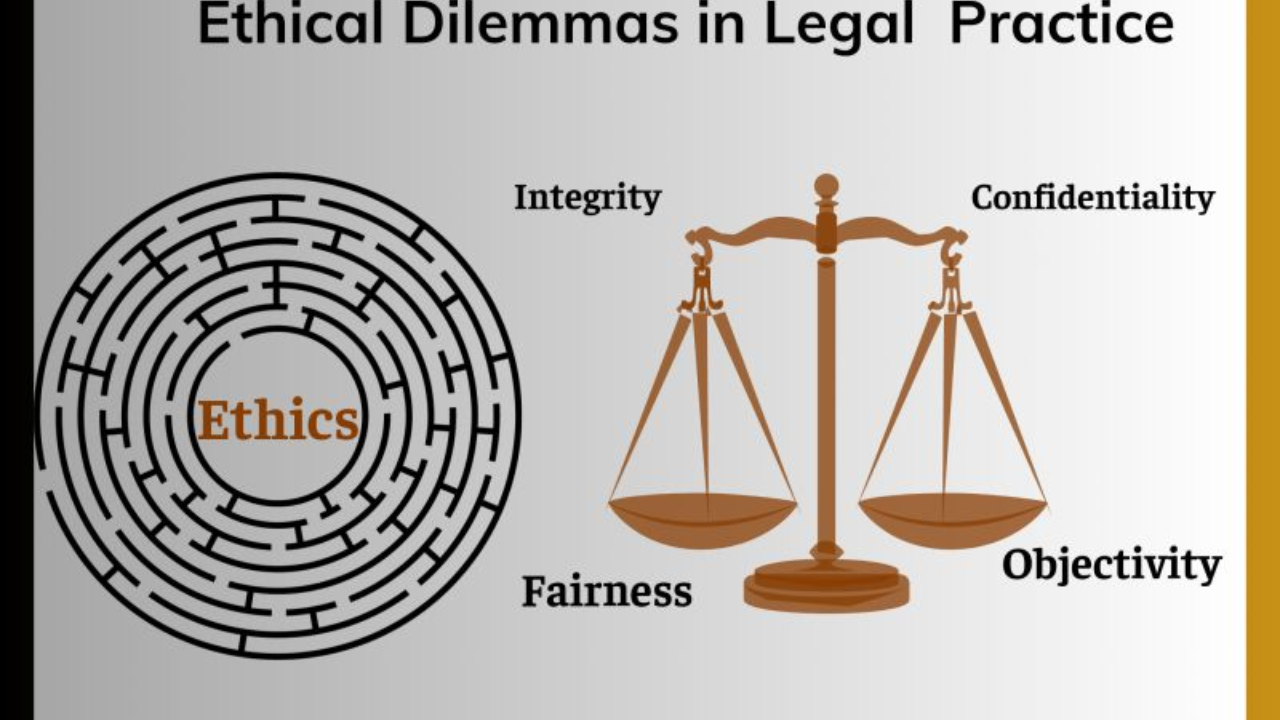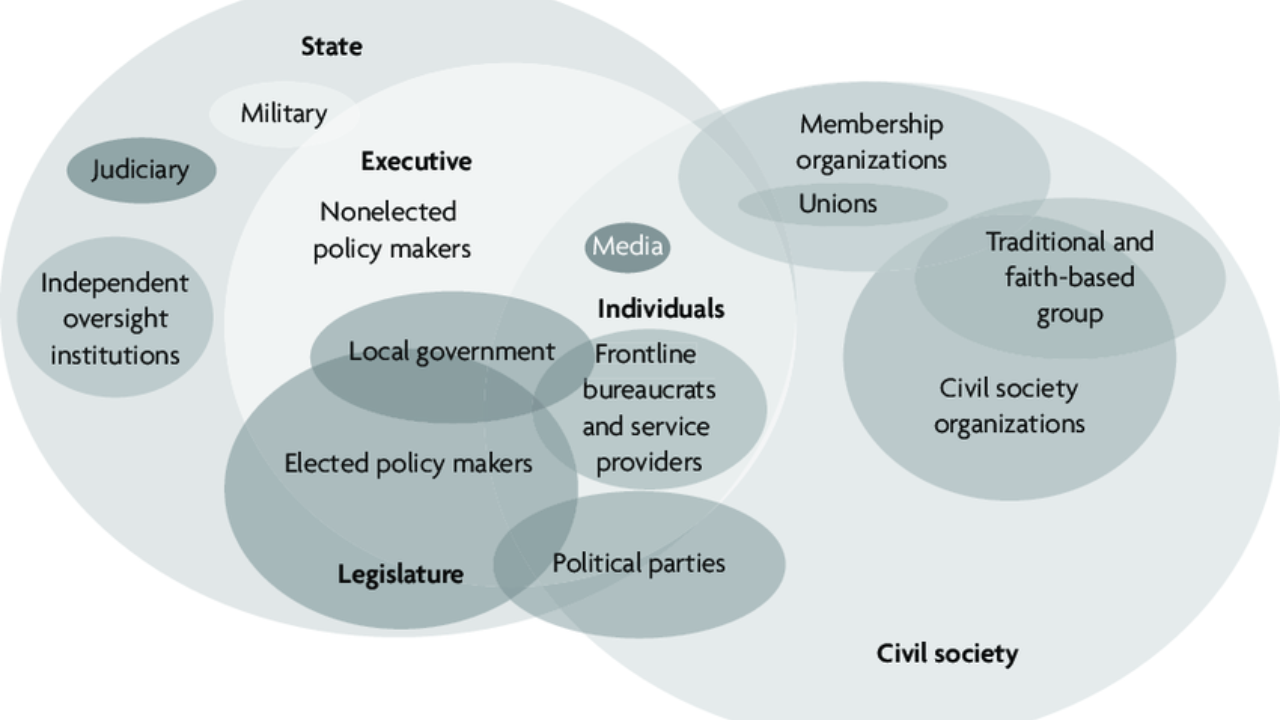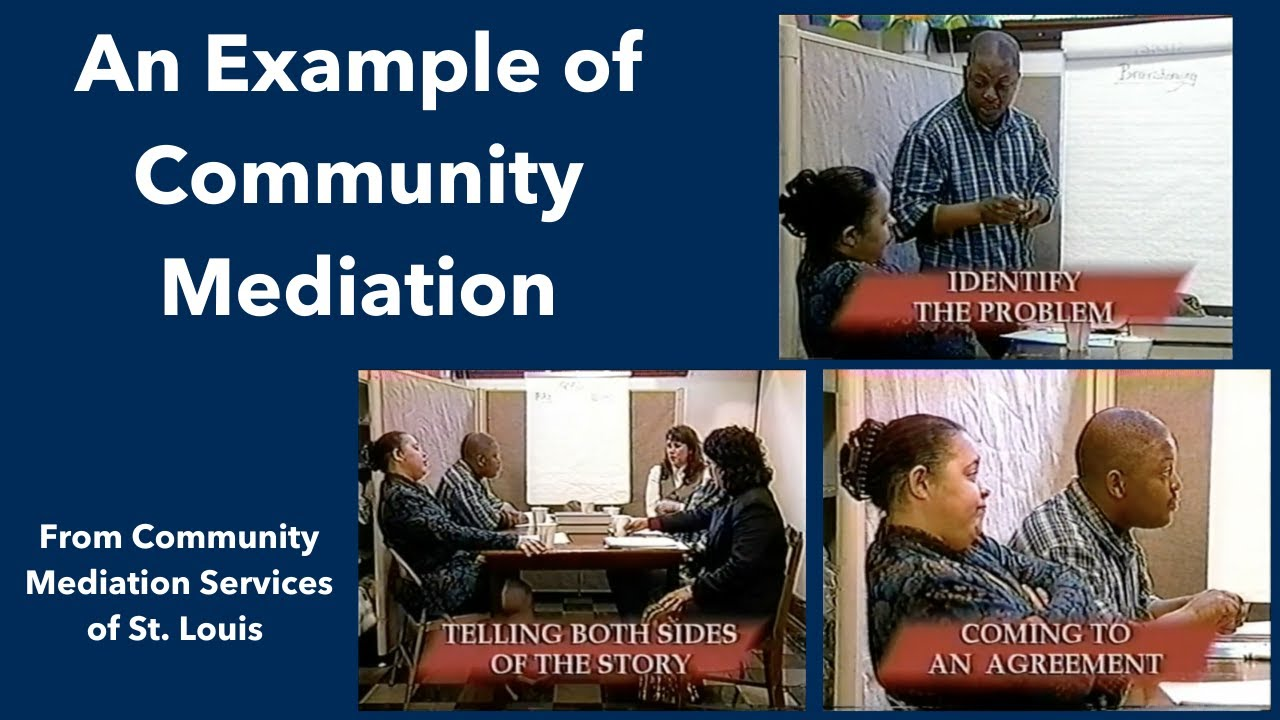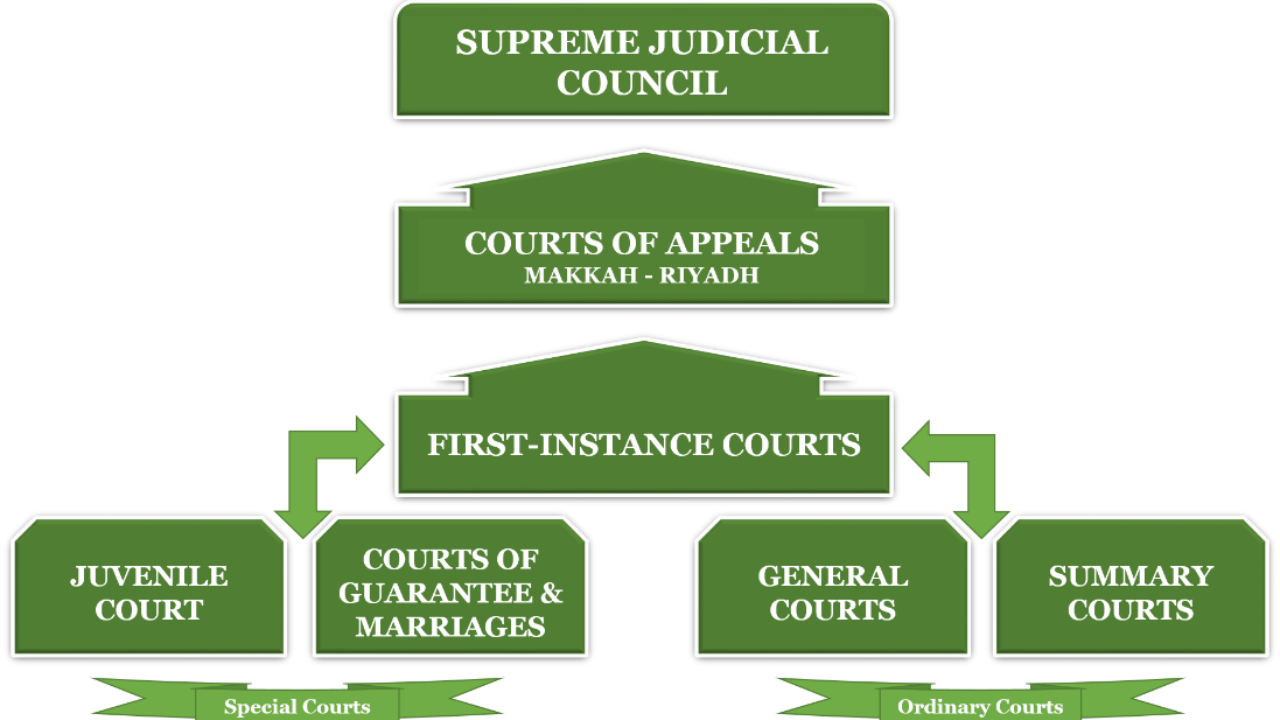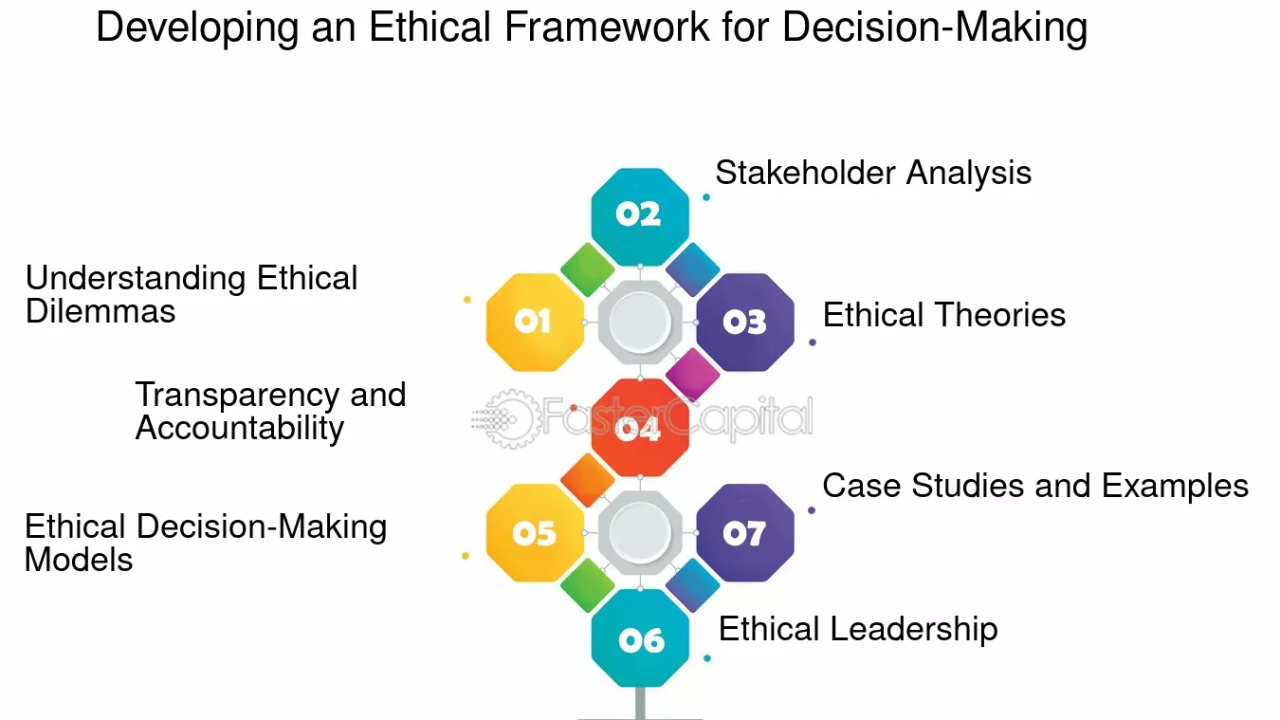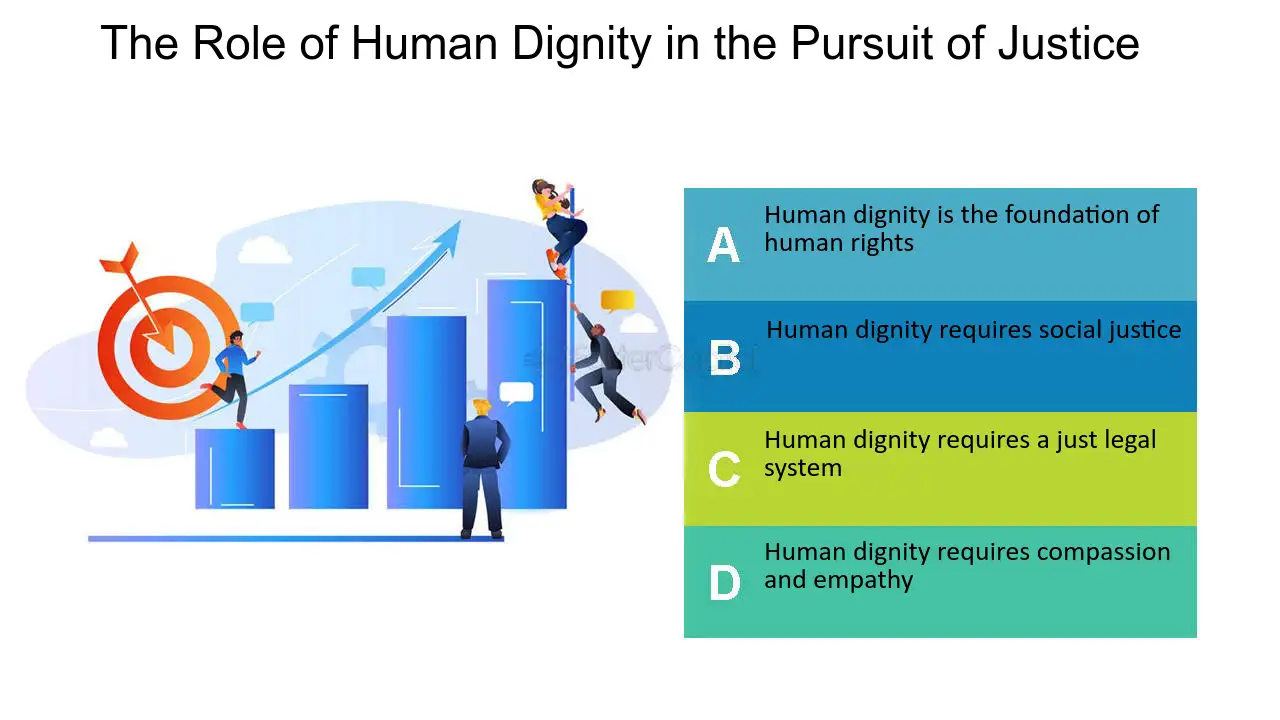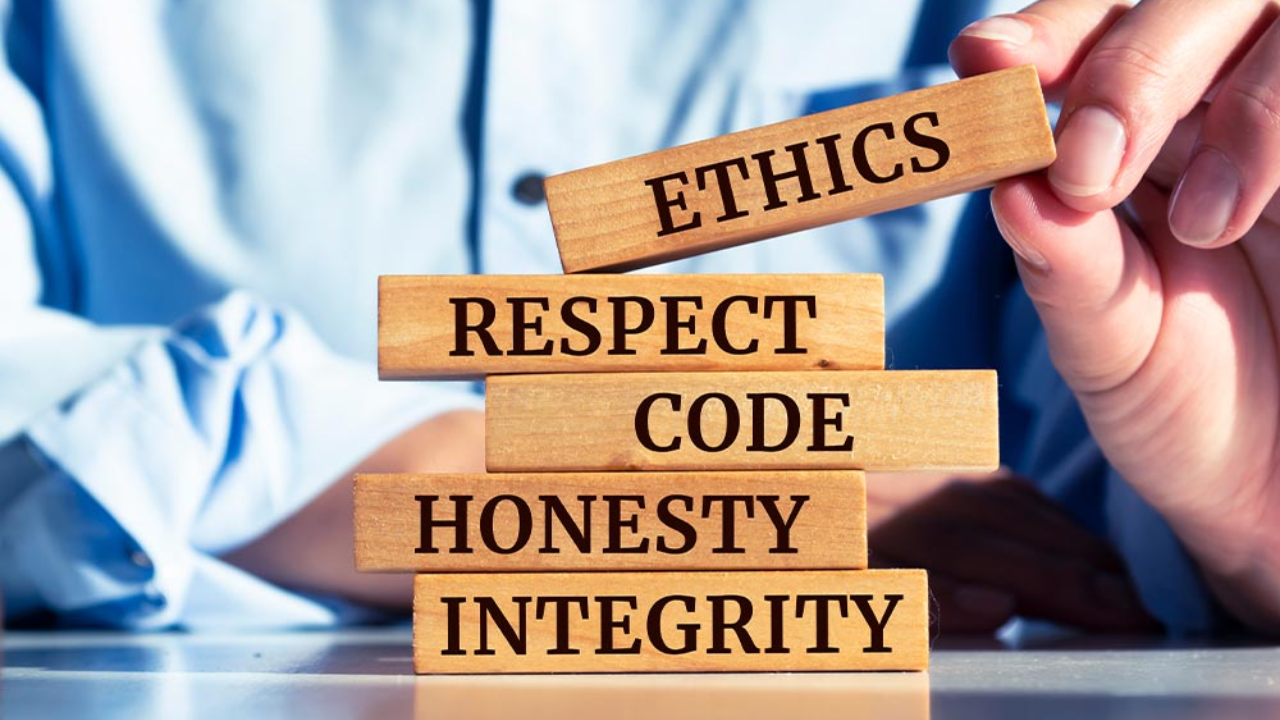Exposed Loyalties: The Hidden Dangers of Conflicts in Public Legal Roles
Conflicts of interest in public legal roles can quietly erode the pillars of justice, public trust, and ethical governance. When legal professionals such as judges, prosecutors, or government lawyers have personal or financial stakes in cases they oversee or influence, the integrity of legal systems can be compromised. This article explores how conflicts of interest … Read more

